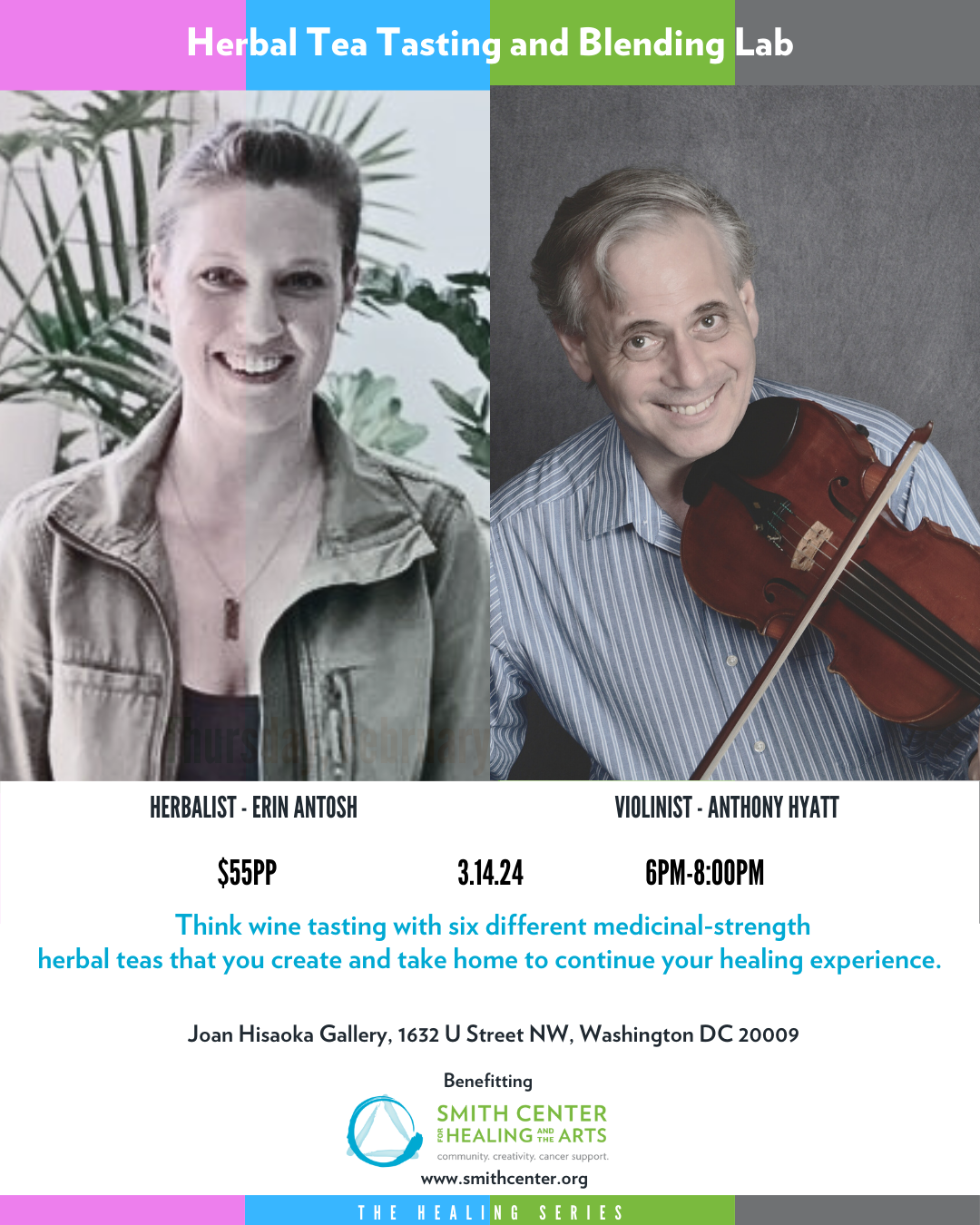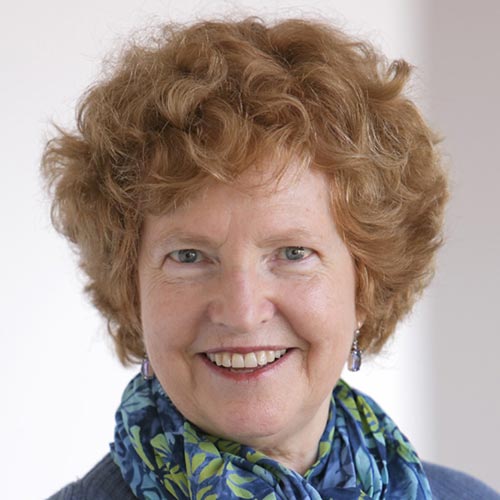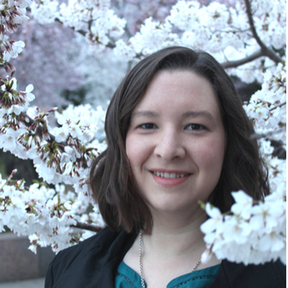
Most people think of herbal teas as a simple soothing beverage, but if made properly, herbal teas (tisanes) can be potent tools for healing and maintaining health.
In this in-person workshop, Clinical Herbalist Erin Antosh, will discuss the power of incorporating an herbal tea ritual into your day, as you sip nutritive herbal tea (caffeine free). Erin will demonstrate how to properly make medicinal-strength herbal teas, using methods such as super infusions and decoctions.
You will learn about the therapeutic properties of plants that have been studied to reduce inflammation, support heart health/cholesterol, aid sleep, and calm the nervous system, as well as herbs that support your body’s detoxification pathways.
Erin will also discuss the art and science of herbal tea blending and guide you in creating your own tea blend. You will take home a bag of loose-leaf herbal tea that you blend yourself in class (which is about 15-20 cups of tea).
We hope you’ll bring a friend and join us for a healing experience!
Light refreshments will be served. Anthony Hyatt will be playing the violin.
To register, please visit this link.
Erin Antosh – Facilitator
Erin is a Clinical Herbalist with a background in nutrition, botanical product development, environmental health, organic gardening, biotransformation/detoxification, and true farm-to-table cooking. Through Where The Good Grows, she provides private Herbal Wellness Consultations, advises and formulates therapeutic botanical products for wellness brands, and combines her clinical training with her improv comedy experience to teach entertaining and approachable natural wellness education programs. Erin completed the Foundations of Medicinal Herbalism and Herbal Apothecary certification programs at Green Comfort School of Herbal Medicine in Castleton, VA, and continued her clinical herbalism training by working at the school’s clinic seeing clients and formulating botanical products. In 2015, Erin graduated with honors from the Academy of Culinary Nutrition. As a Culinary Nutrition Expert and an experienced cook with training at The Farm Cooking School, Erin can translate nutrition science into nourishing meals that allow clients to use food as medicine. Additionally, Erin pursued advanced clinical studies in Detoxification and Biotransformation with Josh Gitalis, a Clinical Functional Nutritionist based in Toronto. Erin holds an Organic Gardening Certification from Prior Unity Garden and has extensive experience growing medical plants.
Anthony Hyatt – Violinist
Anthony is a violinist, singer, dancer, teaching artist, and medical musician working in partnership with many Washington DC area health and human service organizations. He is an artist in residence in the Smith Center for Healing and the Arts program partnership with Virginia’s Inova Healthcare System and at the MedStar Georgetown University Hospital. He plays music of many genres and is a student of improvisation practices who believes that The Art of Presence promotes the emergence of healing experiences. Anthony has, since 1997, been leading creative engagement programs at adult care facilities. For 22 years he was co-director of the Arts For The Aging Quicksilver senior citizen improv dance company. He has served as a master trainer for the National Center for Creative Aging, as a Dance for Parkinson’s Teacher, and as a presenter at international creativity conferences around the globe. Anthony has had an article, “Creative Aging with Quicksilver”, published in the UK-based Creativity & Human Development Journal and now is working on a book about his Arts in Healthcare experiences. He does additional consulting and facilitation work through his organization called Moving Beauty.






